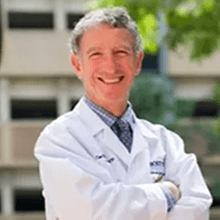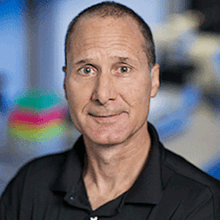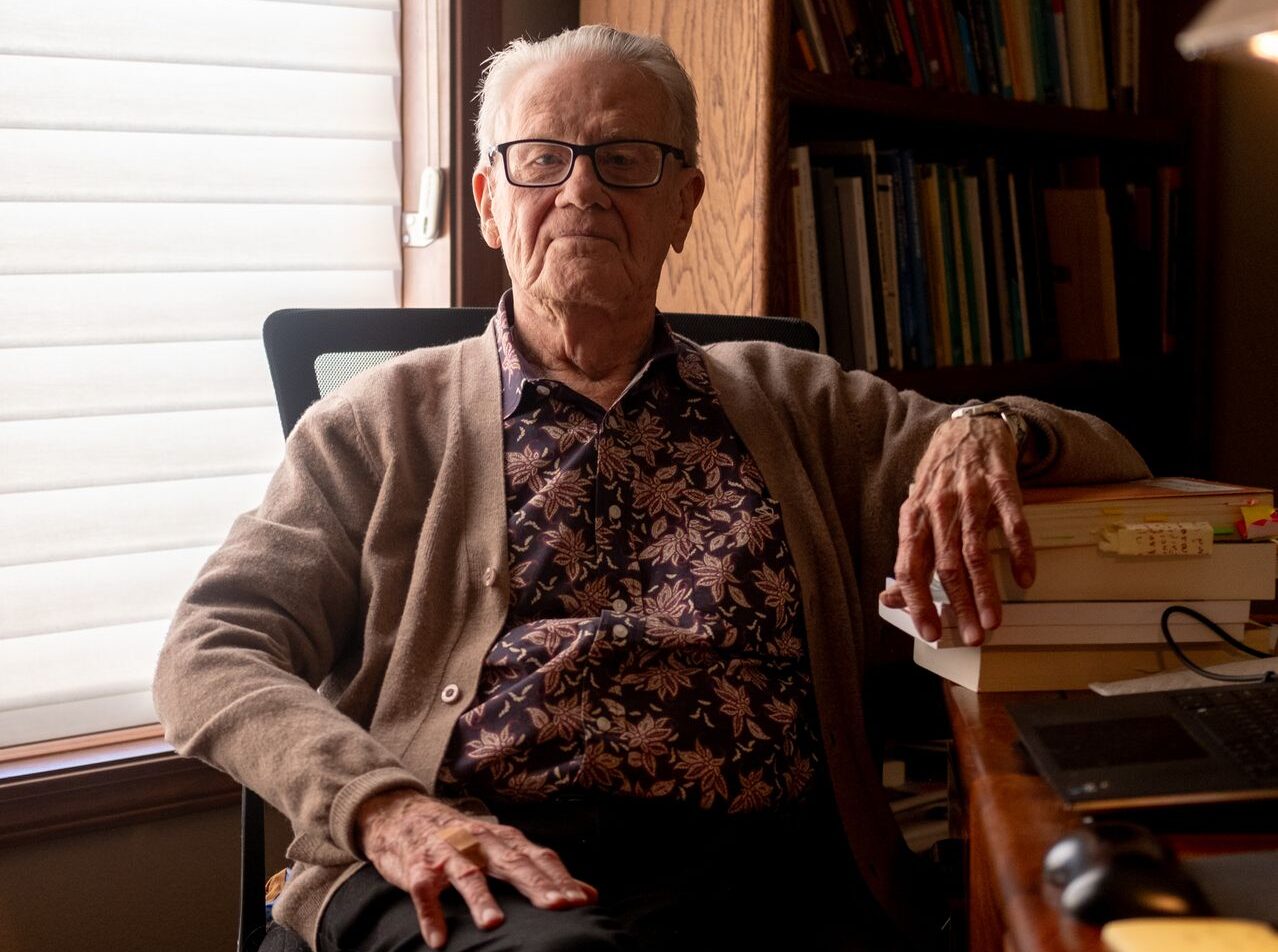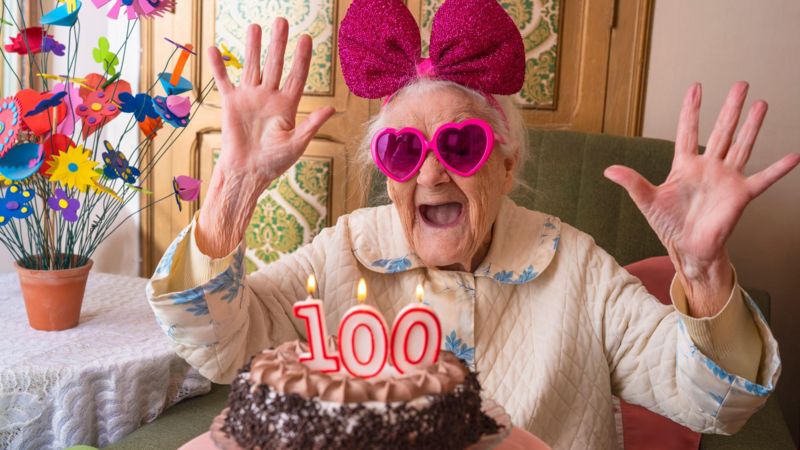WEBINAR
New England Centenarian Study - February 29, 2024

Centenarians (ages >100 yrs) and even more-so, semi-supercentenarians (ages 105-109 yrs) and supercentenarians (110+ yrs) are outliers not only for their exceptionally long lifespans, but also for their longer female fertility and marked delay of or escape from (resistance to) aging-related disability and morbidities such as Alzheimer’s disease, heart disease, stroke, diabetes and cancer. Their offspring also exhibit delayed morbidity and lower mortality compared to their birth cohort.
This initiative aims to integrate multi-omics data from centenarians and centenarian offspring (and controls) to identify protective profiles associated with exceptional longevity associated phenotypes and possible protection against Alzheimer’s disease. This project will also perform expanded tissue-specific, multi-omics analyses on at least 60 different mammalian species of varied life spans to identify potential factors contributing to long life span. iPSCs are developed from participants age 103+ years and lines are differentiated into hepatocyte and central nervous system cell lines that are then used for functional studies of resistance/resilience.

Contact PI
Director of the
New England Centenarian Study,
Professor of Medicine at Boston University
Geriatrics, extreme longevity, genetics

Multiple PI
Director of Biostatistics, Epidemiology,
and Research Design at Tufts CTSI,
Director of Quantitative Methods and
Data Science at Tufts Medical Center
Bayesian modeling, genetics and genomics, machine learning

Contact PI
Professor and Director of the Quantitative Medicine and Systems Biology Division
at TGen
Quantitative translational biomedical science and integrated approaches to complex biological and medical problems



















BU’s New England Centenarian Study delves into the lives of superagers to better understand why some people make ....
Read More

Researchers studying “super agers,” people over 80 who have mental faculties of people decades younger, said st....
Read More

Stacy Andersen, co-director of the New England Centenarian Study, a center dedicated to studying p....
Read More